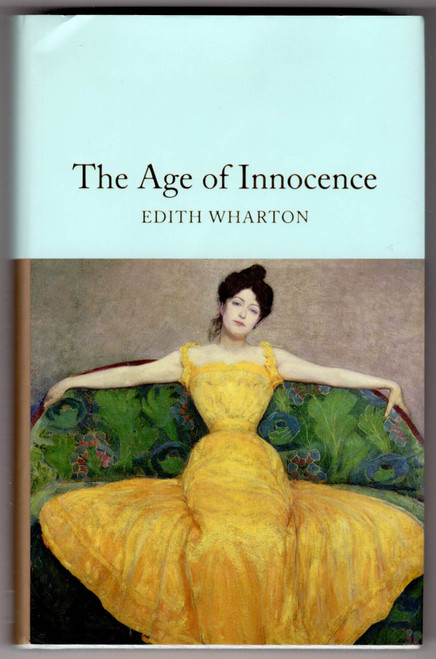Nineteen Eighty-Four revealed George Orwell as one of the twentieth century's greatest mythmakers. While the totalitarian system that provoked him into writing it has since passed into oblivion, his harrowing cautionary tale of a man trapped in a political nightmare has had the opposite fate: its relevance and power to disturb our complacency seem to grow decade by decade. In Winston Smith's desperate struggle to free himself from an all-encompassing, malevolent state, Orwell zeroed in on tendencies apparent in every modern society, and made vivid the universal predicament of the individual.
Editorial Reviews
"Nineteen Eighty-Four is a remarkable book; as a virtuoso literary performance it has a sustained brilliance that has rarely been matched in other works of its genre...It is as timely as the label on a poison bottle." --New York Herald Tribune
"A profound, terrifying, and wholly fascinating book...Orwell's theory of power is developed brilliantly." --The New Yorker
"A book that goes through the reader like an east wind, cracking the skin...Such are the originality, the suspense, the speed of writing, and withering indignation that it is impossible to put the book down." --V.S. Pritchett
"Orwell's novel escorts us so quietly, so directly, and so dramatically from our own day to the fate which may be ours in the future, that the experience is a blood-chilling one." --Saturday Review
About the Author
George Orwell was born Eric Arthur Blair on June 25, 1903 in Motihari in Bengal, India and later studied at Eton College for four years. He was an assistant superintendent with the Indian Imperial Police in Burma. He left that position after five years and moved to Paris, where he wrote his first two books: Burmese Days and Down and Out in Paris and London. He then moved to Spain to write but decided to join the United Workers Marxist Party Militia. After being decidedly opposed to communism, he served in the British Home Guard and with the Indian Service of the BBC during World War II. After the war, he wrote for the Observer and was literary editor for the Tribune. His best known works are Animal Farm and 1984. His other works include A Clergyman's Daughter, Keep the Aspidistra Flying, The Road to Wigan Pier, Homage to Catalonia, and Coming Up for Air. He died on January 21, 1950 at the age of 46.







